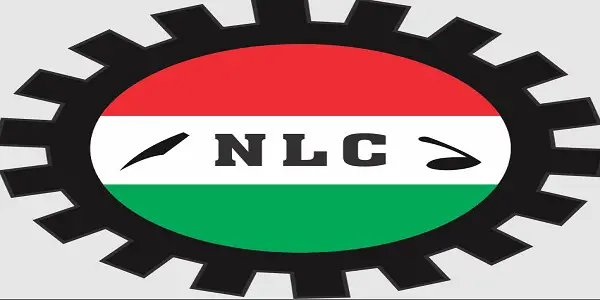The Nigeria Labour Congress (NLC) and federal government employees have called for an immediate review of the national minimum wage, arguing that the current N70,000 is no longer adequate.
Their demand comes in light of several states across the country raising their workers’ minimum wage above the N70,000 threshold in response to current economic challenges.
In separate interviews with the News Agency of Nigeria (NAN), labour unions and workers emphasized that due to soaring inflation and the increasing costs of food, transportation, housing, and other basic necessities, the existing minimum wage is no longer sufficient to meet their needs.
It would be recalled that President Bola Tinubu signed the new National Minimum Wage Bill into law in July 2024, raising the minimum wage from N30,000 to N70,000.
The amended law applies to the entire country, including the federal government, states, local governments, and the private sector.
However, on August 27, 2025, Imo increased the minimum wage from N70,000 to N104,000, along with corresponding increases in the entire salary structure for the state’s civil servants.
The state Governor, Hope Uzodinma, had said that the salary review, arrived at during a meeting with organised labour, was part of efforts to improve the welfare of workers.
Before the bold and applauded step by Uzodinma, some other states had implemented higher minimum wages for their workers.
On October 16, 2024, Governor Babajide Sanwo-Olu of Lagos State announced a minimum wage increase to N85,000, with a promise to further raise it to N100,000 in 2025.
Rivers State equally approved N85,000 minimum wage on October 18, 2024, while Bayelsa, Niger, Enugu, and Akwa Ibom states approved N80,000 for their workers. Ogun and Delta states are implementing N77,000 minimum wage, Benue and Osun states raised the wage to N75,000, while Ondo State pegged its own at N73,000.
Acting General Secretary of the NLC, Mr. Benson Upah, told NAN on Sunday in Abuja that inflation has eroded the value of the N70,000 minimum wage, leaving many workers unable to meet basic needs.
“The truth is that N70,000 is not sustainable under the present economic situation.
“Workers are under immense pressure, and unless the government responds quickly, the crisis of survival will only worsen.
“We have since engaged the Federal Government on this matter at different times and fora,” he said.



